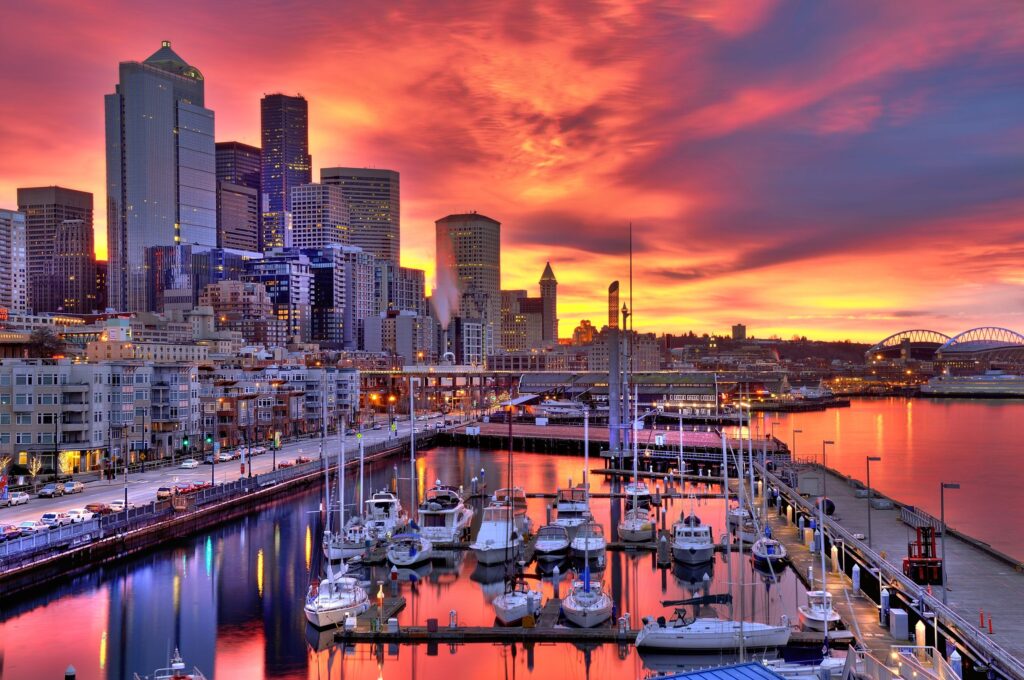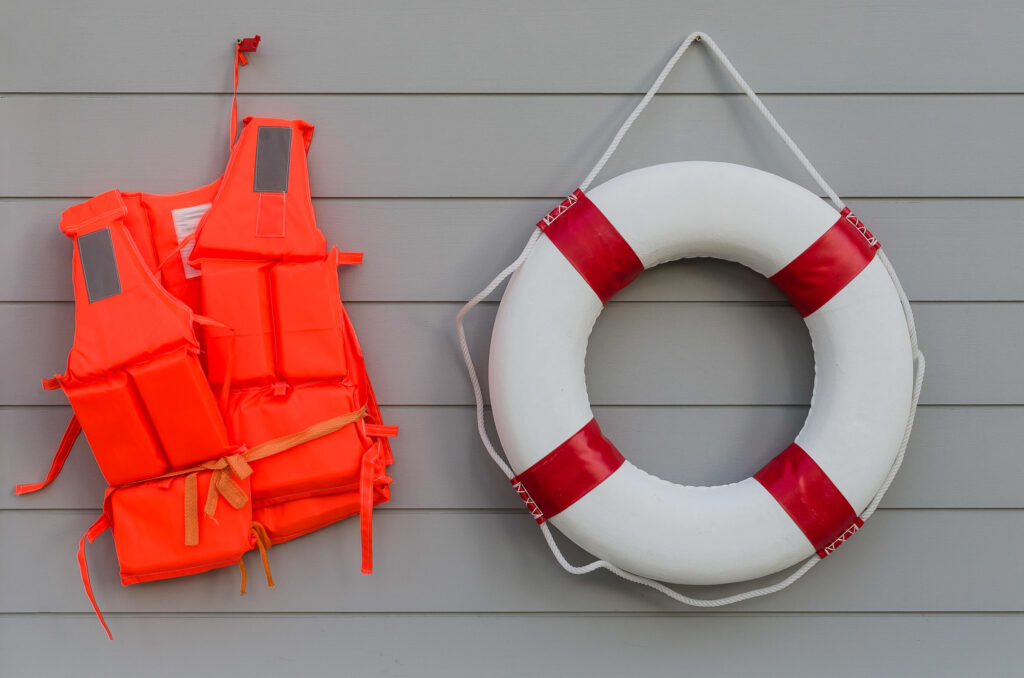
Seattle boating season is in full swing as thousands of residents and visitors flock to Puget Sound, Lake Washington, and the dozens of other great boating spots throughout northwest Washington. But before you take to the water this summer, take a minute to refresh your boating safety knowledge and learn how to prevent a boating accident in Seattle. Whether you’re a novice or an experienced sailor, following these safety tips from our Washington boat accident lawyers just might save your life.
Wear a Life Jacket (Even If You Know How to Swim)
Even if you’re a strong swimmer, it is always advisable to wear a life jacket when on a boat. Per the Revised Code of Washington (RCW) Section 79A.60.160, Children under the age of 12 are legally required to wear a U.S. Coast Guard approved personal flotation device (PFD) on any boat less than nineteen feet long. In addition, you must have at least one PFD onboard for each person on your vessel. PFDs must also be easily accessible, properly-fitting, and in good working condition.
Avoid Boating Under the Influence
Boating under the influence can be just as dangerous as drinking and driving and is illegal in the state of Washington. RCW 79A.60.040 states that it is unlawful to operate a vessel while under the influence of intoxicating liquor, marijuana, or any drug. Drivers are considered intoxicated if their blood alcohol concentration (BAC) is 0.08 or higher, or if their blood THC concentration is 5.00 or higher.
Boat passengers, on the other hand, can lawfully drink on a boat in Seattle. But boaters should keep in mind that drinking while on the water can be dangerous and lead to slip and fall accidents (including falling overboard), alcohol poisoning, and drowning. To keep everyone safe and avoid a boating accident in Seattle, consider leaving your booze at the shore.
Bring the Appropriate Safety Equipment
If you’re going boating, you’ll need more than just a life jacket. All boats are also required to carry the following items onboard:
- A sounding device in case you get into trouble, such as a horn, whistle, or bell
- A white navigation light to enhance visibility in fog, rain, or at dawn or dusk
- A nighttime distress signal such as flares (when operated in federal waters)
Larger boats require more equipment, including:
- A throwable flotation device
- A B-1 fire extinguisher
- Visual distress signals for day and night
- Navigation lights
For more information on the specific equipment required on your boat, see the Washington Required Equipment Checklist. Survival equipment is equally as important, though not legally required. The following items will prepare you for the most common emergencies you may encounter on the water:
- At least two forms of communication (i.e., a VHF radio, cellphone, flares or distress locator beacon)
- A bucket, bailer, or bilge pump in case you take on water
- Flashlight
- Binoculars
- Navigation charts or GPS
- First aid kit
- Anchor and rope
- Food and water rations
Carrying these items with you every time you board your boat, in addition to required safety equipment, not only reduces your chance of being in a boat accident in Seattle, they also may provide you with life-saving supplies in the event that you do suffer an accident and become stranded.
Take a Boater Education Course

If you were born after 1955, are operating a motorboat with 15 horsepower or more, and are 12 years of age or older, you are legally required to complete a Washington boater education course. There are plenty of state-approved options for every learning style, including classroom courses, online classes, home study courses, and hands-on training.
Even if you aren’t required to take the education course, they are full of life-saving information for any boater, whether you’re sailing, kayaking, fishing, or paddleboarding.
Expect the Unexpected to Avoid a Boat Crash
Boating conditions can change on a dime, so you should always be prepared for anything while on the water. You can mitigate certain risks by checking the weather forecast before you begin your journey. Don’t rely on local weather reports; instead, read marine weather reports to get a feel for that day’s conditions.
High wind speeds can lead to choppy waves and an increased risk of capsizing, especially if your boat is on the smaller side. If you see stormy clouds rolling in, either don’t get in the water or start heading back to shore. Seattle is notoriously foggy, so make sure you have the proper navigation lights on your vessel and don’t go boating until visibility has improved.
Finally, always let someone know where you’re headed and what time you expect to be back on shore. If you run into inclement weather or a mechanical failure due to a defective part, time is of the essence. The sooner a rescue team is dispatched, the better your chances of survival.
Injured in a Boating Accident in Seattle?
Sometimes accidents happen despite our best efforts to prevent them. Sometimes this is simply due to unfortunate circumstances, but other times they can be traced back to a person or party who acted negligently. If you or a loved one has been injured in a boating accident in Seattle because of someone else’s careless or reckless behavior, filing a personal injury lawsuit against the responsible party may provide compensation for your medical bills, lost wages, and pain and suffering.
If a boating accident resulted in the wrongful death of a loved one, you may also be entitled to compensation for end-of-life care, funeral expenses, and loss of companionship.
Find out more today and schedule your free consultation with a Washington boating accident lawyer at Lerner and Rowe Injury Attorneys. Our experienced legal team will review your case at no cost to you, with no obligation to hire us. Additionally, we don’t charge a fee unless we win your case. Call us today at 844-977-1900, talk to a representative online, or send us a message through our secure contact form.
The information on this blog is for general information purposes only. Nothing herein should be taken as legal advice for any individual case or situation. This information is not intended to create, and receipt or viewing does not constitute, an attorney-client relationship.



